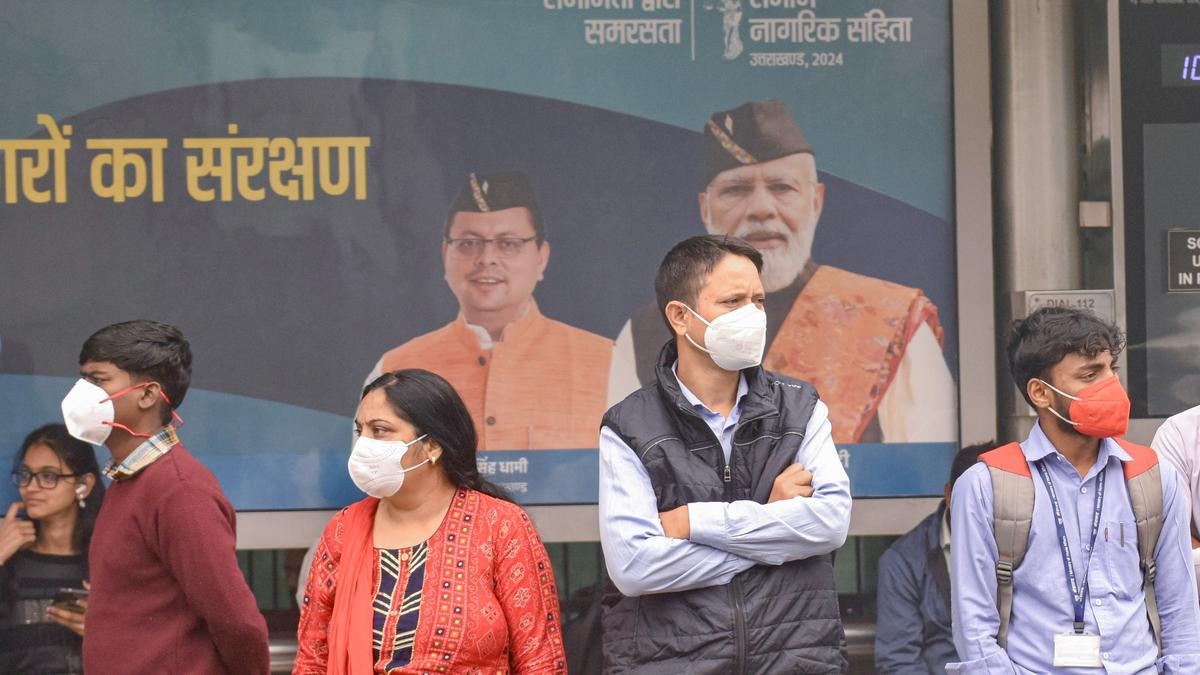
Central Government Employees Push for Pollution-Linked Health Protocols
As Delhi’s air quality reached hazardous levels on November 18, 2024, central government employees have escalated calls for urgent workplace health safeguards. The Central Secretariat Service (CSS) Forum, representing thousands of officials, submitted formal proposals to the Department of Personnel Training (DoPT) demanding comprehensive pollution mitigation strategies. These include mandatory Work from Home (WFH) policies, staggered office hours, and the provision of air purifiers in all Central Government Offices across the National Capital Region (NCR). The demands also call for regular health screenings, safety training sessions, and carpooling initiatives to reduce commuting-related emissions. This comes amid growing concerns over the health impacts of prolonged exposure to severe air pollution, with the CSS Forum emphasizing the need for immediate action to protect public health.
Severe Air Quality Crisis Sparks Legal and Operational Challenges
The situation in Delhi deteriorated sharply on the morning of November 18, with the Air Quality Index (AQI) surging to 483 at 7 a.m., classified as ‘severe plus’ by the Central Pollution Control Board (CPCB). This prompted the implementation of Graded Response Action Plan (GRAP) Stage 4, the highest level of emergency measures, which includes stringent restrictions on construction activities and vehicular movement. The Supreme Court intervened, questioning the Delhi government’s delay in enforcing GRAP-4 protocols and stressing that preventive actions cannot be relaxed without judicial oversight. Meanwhile, adverse weather conditions disrupted air travel, with five flights diverted from Delhi’s airports to Jaipur and Dehradun. The crisis highlights the interconnected challenges of environmental governance and public infrastructure resilience.
Health and Mobility Concerns Drive Workplace Reforms
The CSS Forum’s demands reflect a broader shift toward workplace health prioritization in the face of escalating pollution. Officials are advocating for mandatory air quality monitoring systems in government buildings and the distribution of N95 masks to all employees. The proposed carpooling initiative aims to reduce traffic congestion, a key contributor to Delhi’s pollution crisis. These measures align with global trends of integrating environmental health considerations into occupational safety frameworks. However, critics argue that the focus on workplace policies overlooks systemic issues such as industrial emissions and outdated energy infrastructure. The debate underscores the complexity of addressing air pollution through multifaceted, coordinated efforts involving both public and private sectors.
Legal Scrutiny and Policy Implementation Gaps
The Supreme Court’s intervention highlights the legal complexities surrounding pollution control in Delhi. While the judiciary has mandated stricter enforcement of GRAP protocols, implementation remains inconsistent, raising questions about administrative accountability. The court’s emphasis on judicial oversight for preventive measures reflects concerns about bureaucratic inertia in environmental governance. Meanwhile, the diversion of flights due to poor visibility illustrates the cascading effects of deteriorating air quality on urban mobility. Experts warn that without comprehensive, long-term solutions addressing both local and transboundary pollution sources, the region will continue to face recurring health and economic challenges. The situation has intensified calls for inter-state cooperation and investment in sustainable transportation networks.
Broader Implications for Urban Sustainability
The Delhi air crisis has sparked a national conversation about the intersection of environmental policy and public health. The CSS Forum’s demands exemplify how workplace policies can become a critical front in the fight against pollution. However, sustainable solutions require systemic changes beyond immediate workplace measures, including stricter emission controls for industries, expansion of green energy infrastructure, and improved public transportation. The incident also underscores the need for stronger inter-agency coordination and transparent data sharing to address pollution effectively. As the capital grapples with its worst air quality crisis in years, the urgency for comprehensive, science-based policies has never been clearer. The coming weeks will test the government’s ability to balance short-term relief measures with long-term environmental stewardship.




